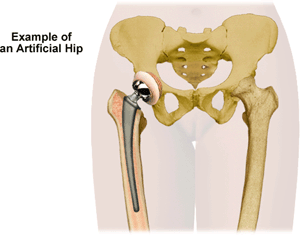
Every since I got my hip replaced five years ago, I’ve been more aware of the delicate nature of where things connect – joints in the human body. Ankles, knees, hips, shoulders, wrists, elbows, for Pete’s sake – they are things made to move and bend and connect but when something goes wrong, it goes wrong big time.
I’m thinking the same is true about humans. The places we most clash are those places we come together. Isolation has its advantages – all alone, no one can irk you, bump into, challenge you. And yet, and yet, we were not made to live in isolation. The last nineteen months of the pandemic have taught us that.
Still, coming together – or coming back together – has its challenges. We gather for whatever and we realize the things we didn’t miss, like someone unwrapping a peppermint during the oboe solo, or that person down the pew who cannot stay on pitch while singing the Doxology. Like our joints, when we humans connect with each other, we are meant to move and bend but I wonder if we’ve forgotten that in the last year.
Could I be more tired of COVID-19? No, I could not. And I am glad to begin to reconnect with people especially at church. I’ve also noticed that we’re all a bit more fractious, less patient with the little things, more demanding of what we want because we’ve been without it for so long. Then we bump into each other and maybe the joint will hold and maybe it will get, well, out of joint and maybe the whole thing will break.
Before and after my hip replacement surgery, I was given physical therapy exercises to do. They weren’t particularly difficult – raise the leg while lying on my back. They didn’t require particular strength or flexibility or skill. What was required was a regular dedication to doing them.
So I wonder, as we connect again, if there are small exercises we can do to keep our connections healthy and sound. Maybe we take a deep breath or two when someone starts to rub us the wrong way. Maybe we regard old friends and acquaintances with new curiosity. Maybe, even as we connect, we give each other space, let each other be wrong, or off-key, or annoying.
It’s been a while since I posted; my creative juices have been flowing in other areas, but I keep getting ideas for things I want to write about, so maybe you’ll see me here a little more. If not, let’s find another way to connect.
In a healthy or sound way, of course.
Peace to you all.




